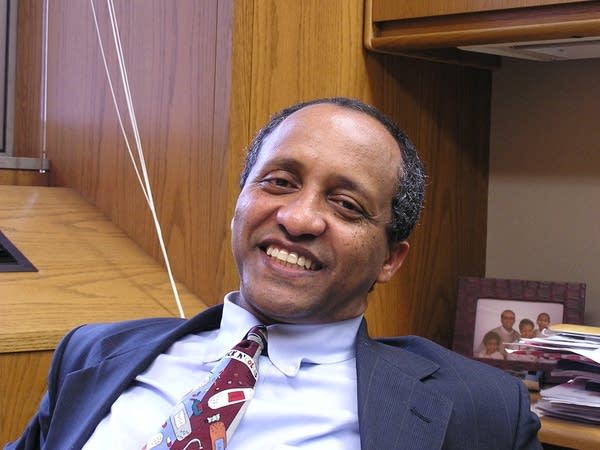Mayo: Exercise, computer use may stem memory loss in seniors
Go Deeper.
Create an account or log in to save stories.
Like this?
Thanks for liking this story! We have added it to a list of your favorite stories.

A new study suggests that combining computer use with moderate exercise late in life may decrease the odds of memory loss.
Mayo Clinic researchers surveyed more than 900 Olmsted County residents ages 70 to 93 to find that possible link.
Dr. Yonas Geda, a psychiatrist and neurologist at Mayo Clinic in Arizona, is the lead author of the study. He said physical exercise can bring nutrients and oxygen to different parts of the brain, including the part related to memory.
"The computer activities might be helping by stimulating the connections, the communications, between nerve endings," he said.
Turn Up Your Support
MPR News helps you turn down the noise and build shared understanding. Turn up your support for this public resource and keep trusted journalism accessible to all.
Previous studies have shown the benefits of exercising body and mind, and the Mayo researchers said a combination of both could be the key for those late in life. But the researchers said more research is needed to prove exercise and computer use can cause a reduced risk of memory loss.
Geda also says data from surveys asking people to remember their activities are sometimes unreliable.
"There is what we call recall bias. Whenever we try to remember things, maybe we might make mistakes of remembering details, so that's one weakness."
The study is published in this month's issue of Mayo Clinic Proceedings.




